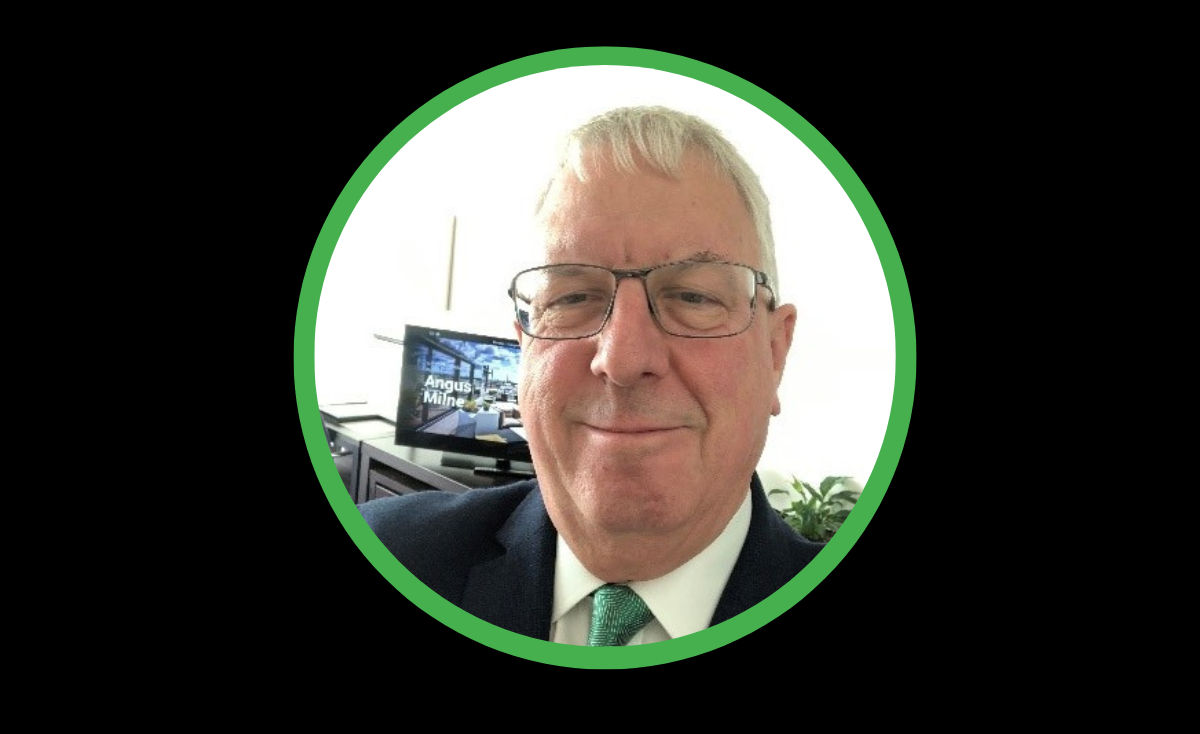How fund operators can address barriers to investing in private markets
David Vyravipillai, Investment Manager, Sustainable Ownership (ESG) at Railpen, explains how to overcome difficulties in investing in longer-term and less liquid assets., explains how to overcome difficulties in investing in longer-term and less liquid assets.
Fund Operator Editor POSTED ON 9/16/2022 8:27:18 AM
 David Vyravipillai, Investment Manager, Sustainable Ownership (ESG) at Railpen.
David Vyravipillai, Investment Manager, Sustainable Ownership (ESG) at Railpen.
The reasons why an investor might consider moving toward a long-term asset are numerous, says David Vyravipillai, ESG lead for Private Markets at Railpen, the UK’s railway workers pension fund – one of the largest in the country – and, he says, it also comes with benefits that some in the market might not be aware of.
At a recent Clear Path Analysis event, “Investing in Private Markets, Europe 2022”, industry leaders from organisations including Phoenix Group, abrdn, and Moonfare gave their thoughts on how private markets investment sphere and what fund managers need to know because of this.
"Within public markets, it is the lack of regular financial disclosure that makes it hard for all investors to fully appreciate the net asset value of any private market opportunity. This information arbitrage makes it difficult for them to understand and appreciate the longevity of the private market’s transactions."
Vyravipillai explained that we are witnessing a boom in participants moving toward private markets. “Currently with macroeconomic events [we are seeing it], such as with the war in Ukraine, where there is this short-term volatility that is affecting short-term returns,” he said. “The benefit of being a pension fund is that we also can take very long-term positions and have a much longer-term horizon.”
These changes to market entrants however are not spread evenly and still many investors see barriers face in accessing private markets. “Within public markets, it is the lack of regular financial disclosure that makes it hard for all investors to fully appreciate the net asset value of any private market opportunity,” Vyravipillai said. “This information arbitrage makes it difficult for them to understand and appreciate the longevity of the private market’s transactions.”
Vyravipillai added that almost all of Railpen’s members “don’t fully appreciate or have a great understanding of the opportunity set in private markets.”
According to recent data, while they are somewhat misunderstood, private markets are still set to expand by between $4.2-5.5 trillion between 2021 and 2025, to reach between $13.7-15 trillion in total, which is more than 10% of global assets under management
Issues in the market
However, when it comes to longer-term assets in private markets, the key factors that some look for can often be misconstrued – and there are some in the market who don’t know what potential investors are looking for at all.
“In order to ensure longevity in private markets, we apply these lenses as well to private market transactions. This includes doing our due diligence at the beginning of a transaction.”
“We are a predominantly Defined Benefit (DB) pension scheme manager and the reality is that our members are looking for returns and valuation creation over time,” he said. “In the field that I work in as an ESG manager, more and more often, if we do go to pension committee meetings and trustees ask questions, it won’t necessarily be on a particular asset class, but rather on issues they may read in the newspaper, such as climate change, social agendas, or poor governance.”
A 2021 Pwc survey revealed that 79% of investors said the way a company manages ESG risks and opportunities is an important factor in their investment decision-making.
“In order to ensure longevity in private markets, we apply these lenses as well to private market transactions,” Vyravipillai said. “This includes doing our due diligence at the beginning of a transaction. As a Limited Partnership, we invest with a General Partner in a potential opportunity and down the line, we ask questions to make sure that we are not deviating from the return profile that we expect of that investment.”
To learn more about this topic and to read the interview in full, please click here.
Please Sign In or Register to leave a Comment.
SUBSCRIBE
Get the recent popular stories straight into your inbox




